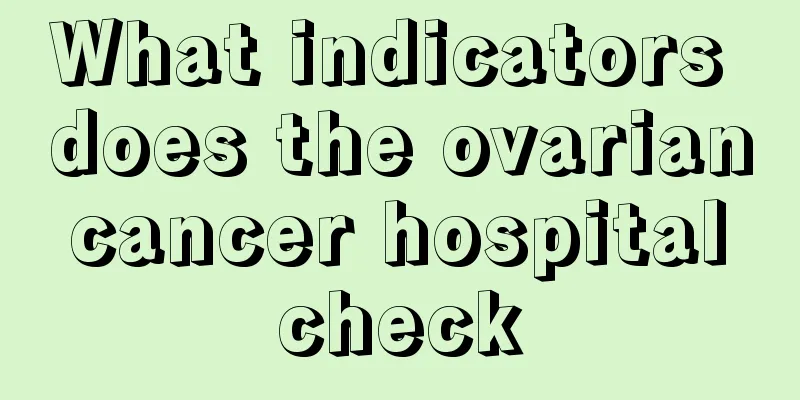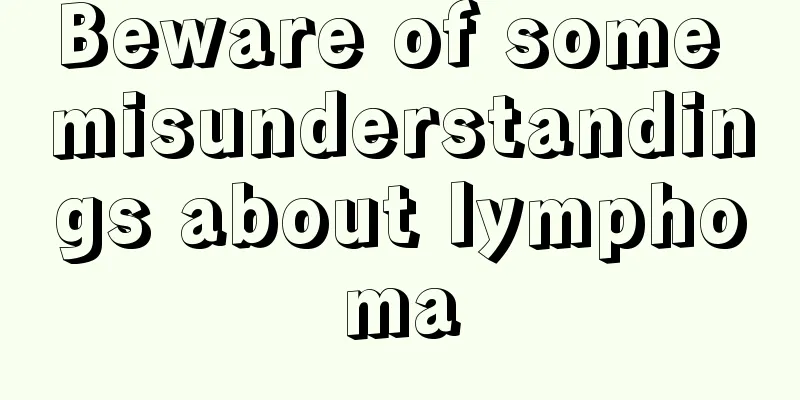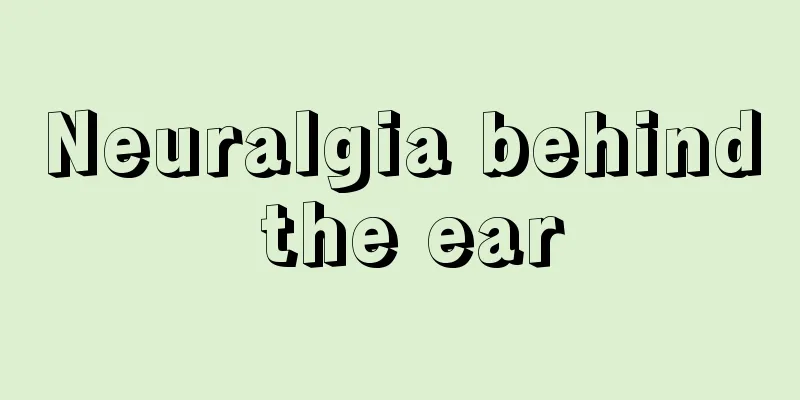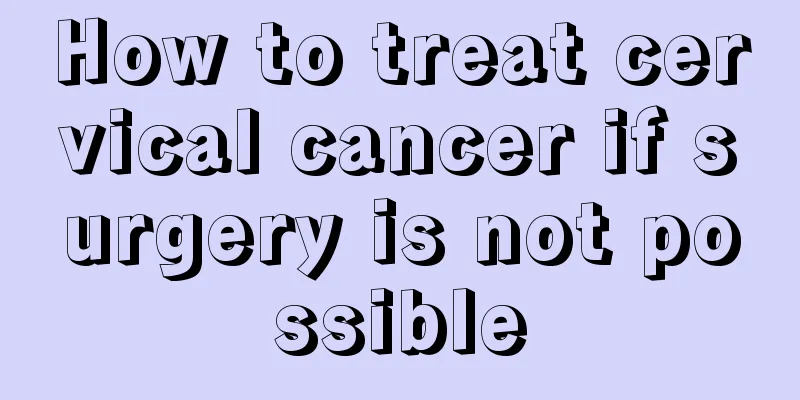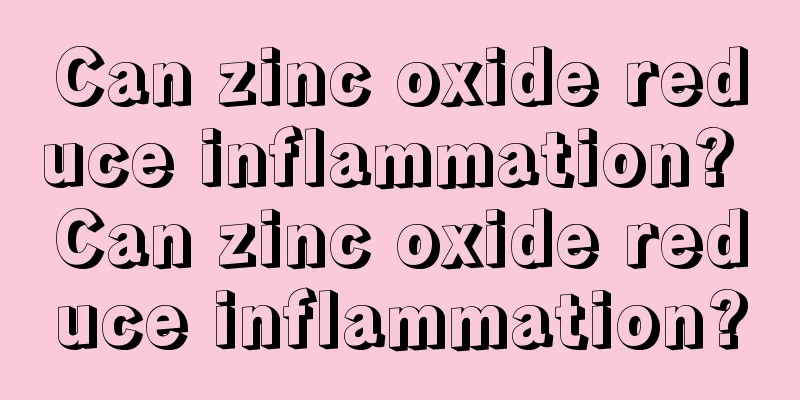What causes headache and eye pain?

|
If you have a headache or eye pain, you should pay attention to whether it is caused by a neuralgia, because many people will encounter this phenomenon in life. Sometimes facing more work and life pressure can also trigger this symptom, and the patient will also show adverse symptoms such as anxiety, palpitations, shortness of breath, etc. 1. Neuralgia mainly refers to tension headache, functional headache and vascular neurosis headache, which are mostly caused by mental tension and anger. The main symptoms are persistent dull pain, pressure and heaviness in the head. Some patients complain of a feeling of "tightening" in the head. Most patients have headaches on both sides, mostly on the temporal sides, occipital area, top of the head or the entire head. The nature of the headache is dull pain, distending pain, pressure, numbness and a band-like tight feeling. 2. The intensity of the headache is mild to moderate, and it is rare for the patient to be bedridden or have his or her daily life affected by the headache. Some patients may have persistent headaches for years, and some patients' symptoms can even be traced back 10-20 years. The patient may have headaches all day long, with headaches lasting longer than pain-free time. Headaches are often aggravated by factors such as excitement, anger, insomnia, anxiety or depression. There are also some patients who not only have the characteristics of tension headache, but also have the clinical manifestations of vascular headache, and complain of bilateral temporal pulsating headache. This clinical manifestation of both tension headache and vascular headache is called mixed headache. 3. Patients are often accompanied by symptoms such as dizziness, irritability, anxiety, palpitations, shortness of breath, fear, tinnitus, insomnia, back pain, and neck stiffness. Some patients have obvious tenderness points on both sides of the neck or temples. "Comprehensive physical therapy" for neuralgic headaches "Comprehensive physical therapy" includes electroacupuncture therapy, neuromuscular electrical stimulation therapy, electrical excitation therapy, meridian leveling therapy, and massage therapy, etc. The treatment is based on a course of treatment. Generally, one course of treatment is one month. After one month of comprehensive hospitalization, the patient can go home and continue to take medication. 4. For many chronic cases, the course of the disease is more than 10-20 years, and the hospitalization time needs to be appropriately extended. Continuous treatment can be 2-3 months, and most patients can recover. |
<<: What's going on with itchy eyes and swollen eyelids?
>>: How to treat adrenal pheochromocytoma
Recommend
Will formaldehyde evaporate faster in summer?
Many people are familiar with formaldehyde. It is...
Treatment for sequelae of head impact
We often see some people suffering from amnesia a...
Will the injection of DPT vaccine cause a fever of 40 degrees?
DPT is a common viral disease with a high inciden...
How long can a 60-year-old with mid-stage lung cancer live?
How long can a 60-year-old with mid-stage lung ca...
What sleeping position is less likely to cause snoring?
The small habits in life can have a serious impac...
What methods are commonly used to treat lung cancer? The 4 most commonly used treatments for lung cancer
According to relevant data, the number of patient...
Features of high temperature steam cleaning range hood
Nowadays, people have thought of many ways to cle...
What is the best medicine for brain cancer
Brain cancer refers to a new growth in the crania...
What should patients with colon cancer pay attention to in their diet after surgery?
Colon cancer is related to long-term high-fat, lo...
Is bile duct cancer hereditary?
Before introducing whether bile duct cancer is he...
We need to fully understand the specific symptoms of pancreatic cancer
Pancreatic cancer, as a type of tumor disease, ge...
Is the chemical hydrogen sulfide harmful to the human body?
Hydrogen sulfide is an important chemical raw mat...
What are the taboos after scraping
When it comes to scraping, everyone is familiar w...
What are the common early symptoms of colorectal cancer patients
The early symptoms of colorectal cancer are gener...
Ganoderma lucidum spore powder is suitable for people
Ganoderma lucidum spore powder is actually extrac...
